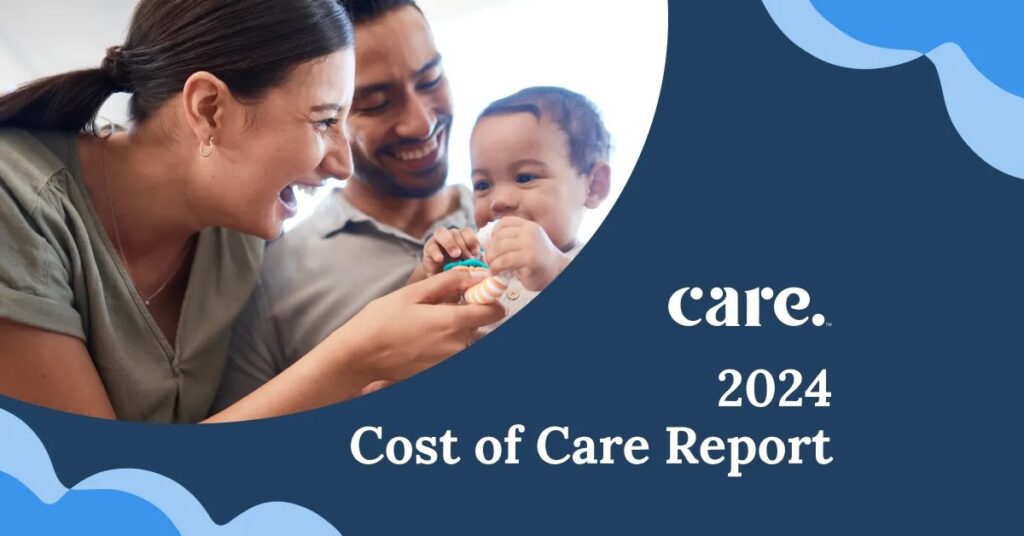Backup Care, an employer-sponsored benefit that helps employees fill gaps in care—for children, adults, and pets—so they can get to work as scheduled, is one of the most critical employee benefits businesses can offer today. Here are five compelling reasons your company should prioritize Backup Care as part of your employee benefits strategy this year.
1. Even the best caregiving arrangements break down at times, causing employees to miss work.
No employee is immune to an occasional breakdown in their regular care routines. Schools and day care centers close for scheduled holidays. A child wakes up with a fever and can’t attend day care. The regular caregiver takes a vacation….and the employee is scheduled to work. Without Backup Care benefits, employees are left scrambling to find care, which can be difficult and costly. And when employees can’t find care, they can’t work.
2. Backup Care helps employees get to work even when their regular care is disrupted.
Caregiving shortages and the rising cost of care make it difficult enough for employees to find ongoing care, let alone temporary care when their regular plans break down. Employer-sponsored Backup Care benefits make it easier for employees to find and afford backup care by providing access to a network of vetted in-center and in-home care providers for a low (or no-cost) daily co-pay.
To further help employees secure care in a pinch, many backup care programs, such as Care for Business, also offer employees the flexibility to get reimbursed if they use caregivers from their own personal network—such as trusted friends, family members, or centers and caregivers outside of the care network. By providing flexible backup care options, employees can get to work, knowing their loved ones are in good hands.
3. Backup Care reduces costly productivity losses and absenteeism for employers.
When your employees miss work, your organization takes a hit. Employers lose $3 billion in lost productivity from employee absenteeism due to child care breakdowns alone—and those costs dramatically jump when you factor in attrition rates of employee who miss or leave work to care for aging loved ones.
Conversely, employers who offer Backup Care services report a 30 % decrease in absenteeism. Better yet, Backup Care benefits work for clients of all industries—and companies can see almost immediate results. Within just a six-month timeframe:
- Major national retailer Best Buy avoided more than 1,400 days of missed work for their employees
- Sharp HealthCare, a leading healthcare company in San Diego, prevented 4,500 days of absenteeism for their hospital staff with Backup Care.
4. Backup Care is an equitable benefit that meets the needs of today’s diverse workforce.
73% of employees have some type of caregiving responsibility—and 66% of households (over 89 million homes) have a pet. Backup Care provides coverage for everyone in the family, including care for:
- Children, infants up to age 12, including those with disabilities.
- Any adult for whom the employee is the primary caregiver—a spouse, parents, grandparents, etc.
- Employees themselves who are recovering from an illness or injury.
- Pets to cover those times when employees work late, travel for business, or their regular pet sitter is not available.
- Your competitors likely offer Backup Care benefits to their employees.
In the 2023 Future of Benefits Report, 94% of HR leaders said they pay attention to their competitors’ benefits programs. Additionally, nearly 50% of HR leaders surveyed indicated they are prioritizing child and senior care benefits this year. So expect to see more companies, including your competitors, provide Backup Care and related caregiving services to support the needs of their working parents and caregivers—and improve their bottom-line.
Ready to learn more about how Backup Care can benefit your organization? Request a demo.






